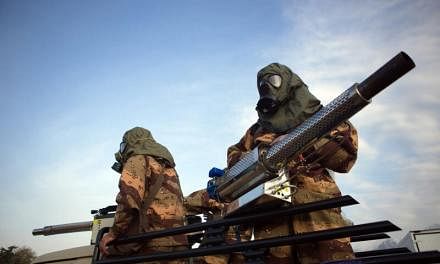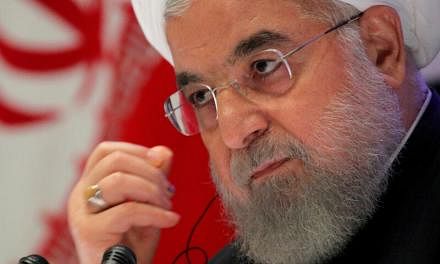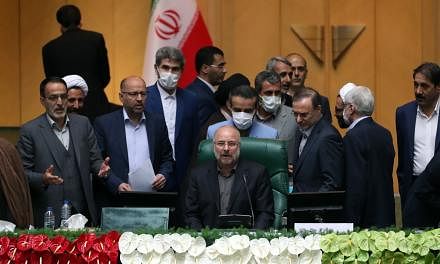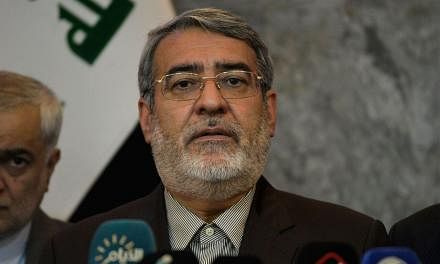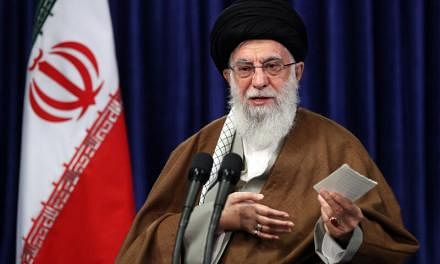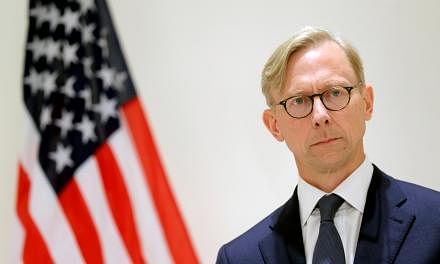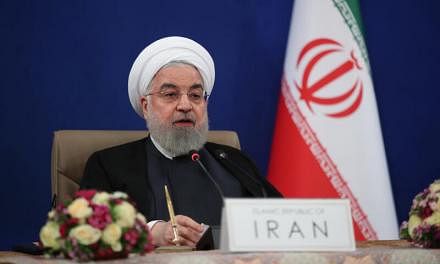Stock markets reeled across Asia yesterday, but then pared some losses, as investors tried to calculate the fallout from Iran's missile launches aimed at two American military bases in Iraq.
The attack pushed oil prices higher and spurred rallies in safe-haven assets such as gold and the Japanese yen.
Stocks recovered some of the earlier losses by the close of trade after some of the investors' concerns eased. Oil and gold also gave up some of their initial gains. But the situation remains volatile.
MSCI's Asia-Pacific Ex-Japan shares index fell 0.72 per cent, having dropped more than 1 per cent earlier in the day. The Shanghai Composite Index fell more than 1 per cent. Japan's Nikkei dipped 1.57 per cent, paring earlier losses of more than 2 per cent.
Singapore stocks sank 1.4 per cent when trading began before recouping most of their losses to end down 0.06 per cent. Shares of Singapore Airlines, which is diverting flight routes from Iranian airspace, initially sank before recovering.
Gold punched above US$1,600 an ounce for the first time since 2013, though it trimmed some of that gain. Oil prices followed the same pattern and ended about 1 per cent higher.
Brent oil futures in London initially surged more than 5 per cent to hit a three-month high of almost US$72 a barrel immediately after 10 missiles struck Ain al-Asad base in western Iraq and another facility in Erbil.
Prices eased after US President Donald Trump tweeted "all is well" following the attacks, while Teheran stressed it was not seeking a war.
The Organisation of Petroleum Exporting Countries' officials pledged to keep markets well supplied.
Mr David Chao, global market strategist for Asia-Pacific (excluding Japan) at Invesco, said: "Investors can expect market volatility to persist in the near term due to geopolitical uncertainty as the market awaits whether there will be further retaliation and if there will be any disruption to the oil markets."
But he stressed that investors with a longer-term view should stay well diversified as geopolitical events do not end business and market cycles.
"In an environment where we can continue to expect market volatility, it is important that investors not flee equities but instead consider low-volatility equity allocations," he said.


